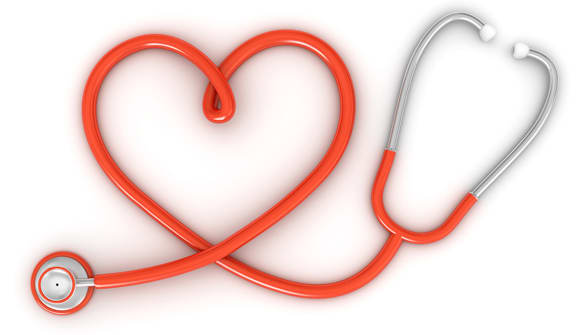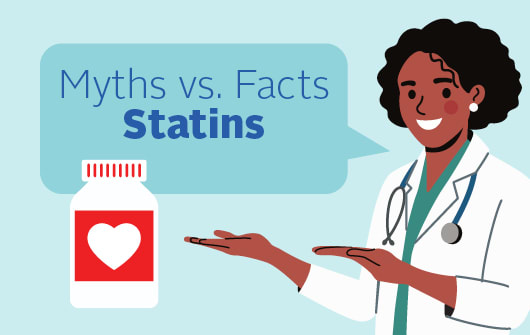Keeping the beat
Some heart palpitations are normal; others are cause for concern.
Article Author: Johnny Woodhouse
Article Date:

Many people experience racing or skipping heartbeats from time to time.
Consuming too much caffeine or exercising too vigorously are common reasons why someone’s heart may beat faster than normal.
But some irregular heartbeats or palpitations can be a sign of a serious heart condition.
If you think your heart is racing or beating out of rhythm, it may be time to consult a doctor who is an expert in diagnosing and treating issues with the heart’s electrical system.
“The heart is like a machine and when it’s out of rhythm it’s not working efficiently,” said Aaditya Vora, MD, a cardiac electrophysiologist with Baptist Heart Specialists.
“That’s because the heart is not receiving its normal amount of blow flow. Sometimes it’s a harmless episode that can be treated conservatively or a sign of a larger underlying heart rhythm disorder.”
Non-heart-related causes
A normal adult heart beats between 60 and 100 times per minute, and typically rises during exercise and slows down during rest or sleep.
While heart palpitations can sometimes be a sign of heart disease, more often they are due to non-heart-related causes that can occur for a variety of reasons like:
Consuming beverages high in caffeine
Eating large quantities of chocolate
Drinking too much alcohol
Taking over-the-counter cold remedies containing stimulants
Being overly fatigued, stressed, or not sleeping
Individuals who experience more serious symptoms such as extreme lightheadedness, chest pain, shortness of breath, or loss of consciousness should be tested to find out why their heart’s electrical signals aren’t going through the normal pathways.
“The most effective way to diagnose an irregular heartbeat or arrhythmia is with an electrocardiogram or EKG to measure the timing and duration of each electrical phase in the heartbeat,” said Dr. Vora. “Wearable devices like a Holter monitor or an event recorder can detect the heart’s normal activity or any sporadic arrhythmias.”
Built-in EKG technology in today’s smart watches have also helped electrophysiologists make more timely heart rhythm diagnoses.
AFib and ablation
Once a cardiac electrophysiologist, a heart rhythm specialist, determines what kind of abnormal heart rhythm someone is having, he or she can begin to treat it with a variety of techniques, from a simple lifestyle change to something more complex like catheter ablation, a minimally invasive procedure to cure atrial fibrillation (AFib).
“Atrial fibrillation is by far the most common heart rhythm problem we treat,” said Dr. Vora. “When it occurs, patients can lose up to 20% of their blood flow, which can lead to their heart beating very inefficiently. Left undetected, AFib can drastically increase a person’s risk of stroke or heart failure.”
According to the National Blood Clot Alliance, one in every six strokes in the United States is caused by AFib. By 2030, it is estimated that more than 12 million people in the U.S. will have AFib, the Centers for Disease Control and Prevention reports.
Get checked out
Dr. Vora said most patients treated with catheter ablation in a hospital-based facility like Baptist Heart Hospital’s state-of-the-art Heart Rhythm Center can go home the same day.
Frequent heart palpitations can produce an uncomfortable feeling. It’s important to be evaluated by a primary care physician or a heart rhythm specialist.
“Someone may not realize their heart is out of rhythm. Sometimes they just feel tired or lack energy,” said Dr. Vora. “Their symptoms help us characterize what is going on and determine if additional testing or intervention is needed.”
If you have heart palpitations and would like an expert to weigh in, Baptist Heart Specialists is here for you. Call 904.720.0799 or request an appointment online.



